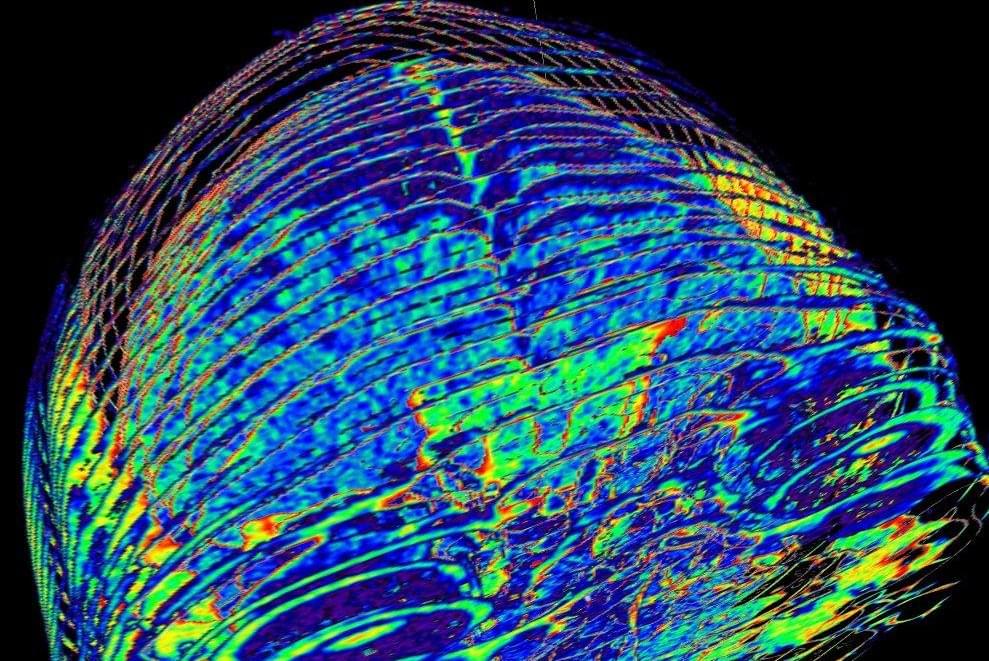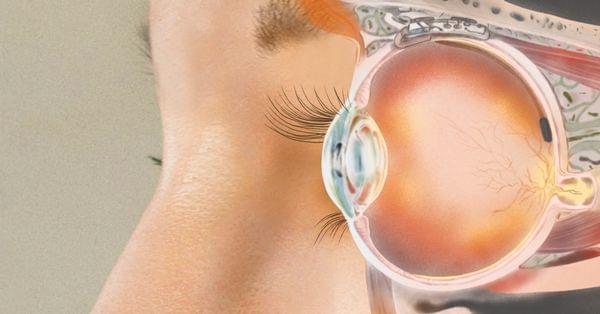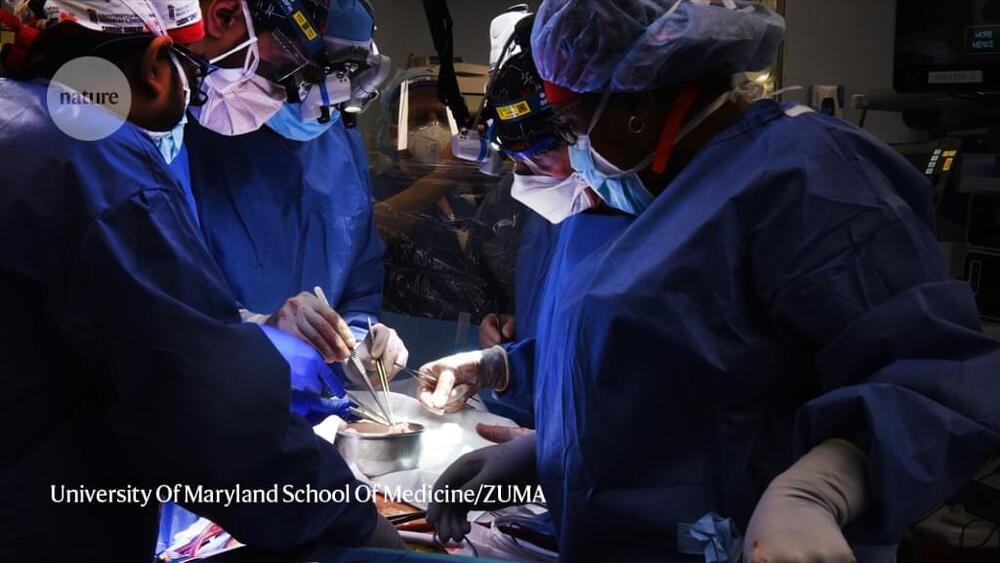Researchers at Karolinska Institutet in Sweden have identified the bacteria most commonly found in severe oral infections. Few such studies have been done before, and the team now hopes that the study can provide deeper insight into the association between oral bacteria and other diseases. The study is published in Microbiology Spectrum.
Previous studies have demonstrated clear links between oral health and common diseases, such as cancer, cardiovascular disease, diabetes and Alzheimer’s disease. However, there have been few longitudinal studies identifying which bacteria occur in infected oral-and maxillofacial regions. Researchers at Karolinska Institutet have now analyzed samples collected between 2010 and 2020 at the Karolinska University Hospital in Sweden from patients with severe oral infections and produced a list of the most common bacteria.
This was a collaborative study that was performed by Professor Margaret Sällberg Chen and adjunct Professor Volkan Özenci’s research groups.








